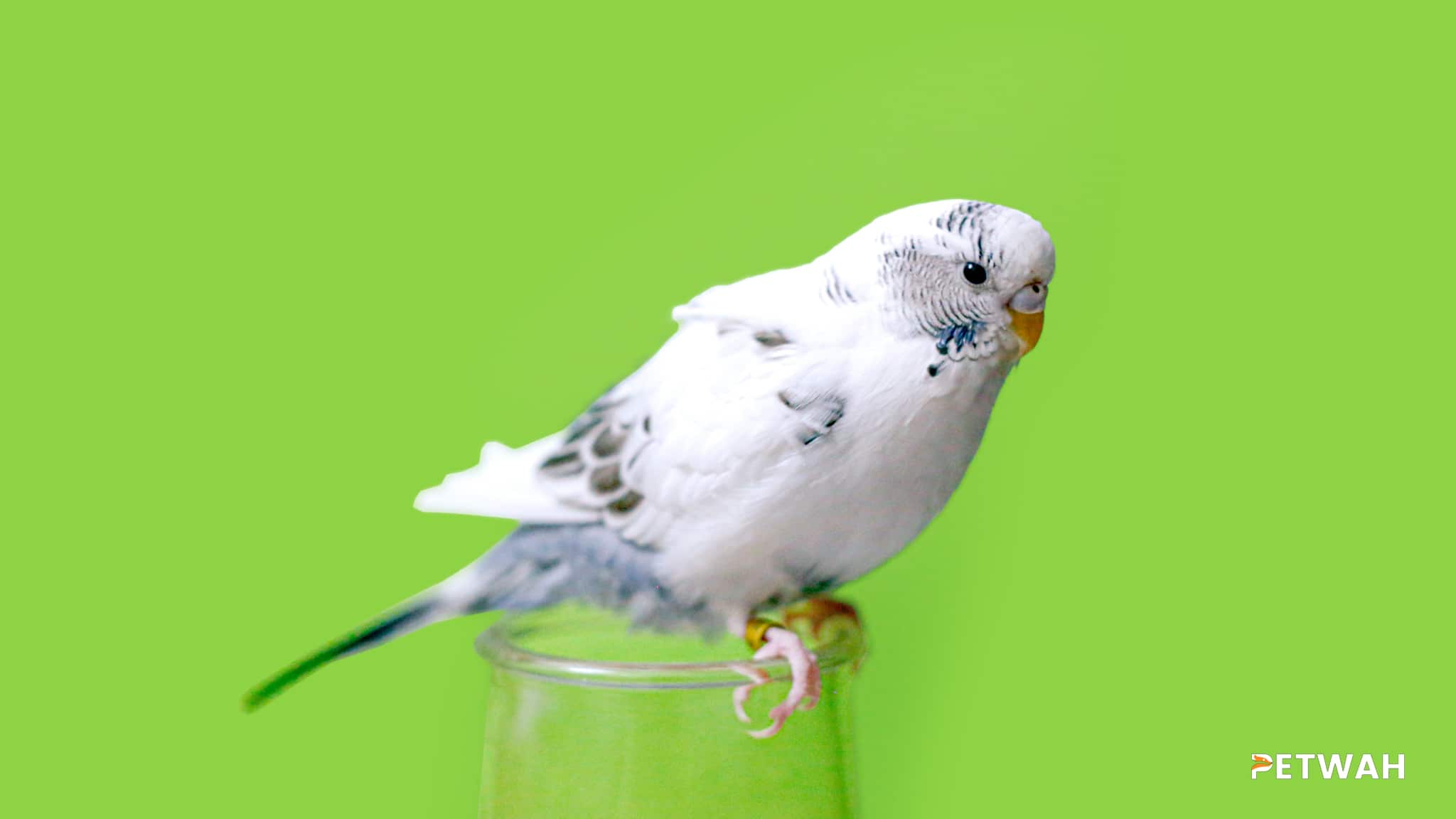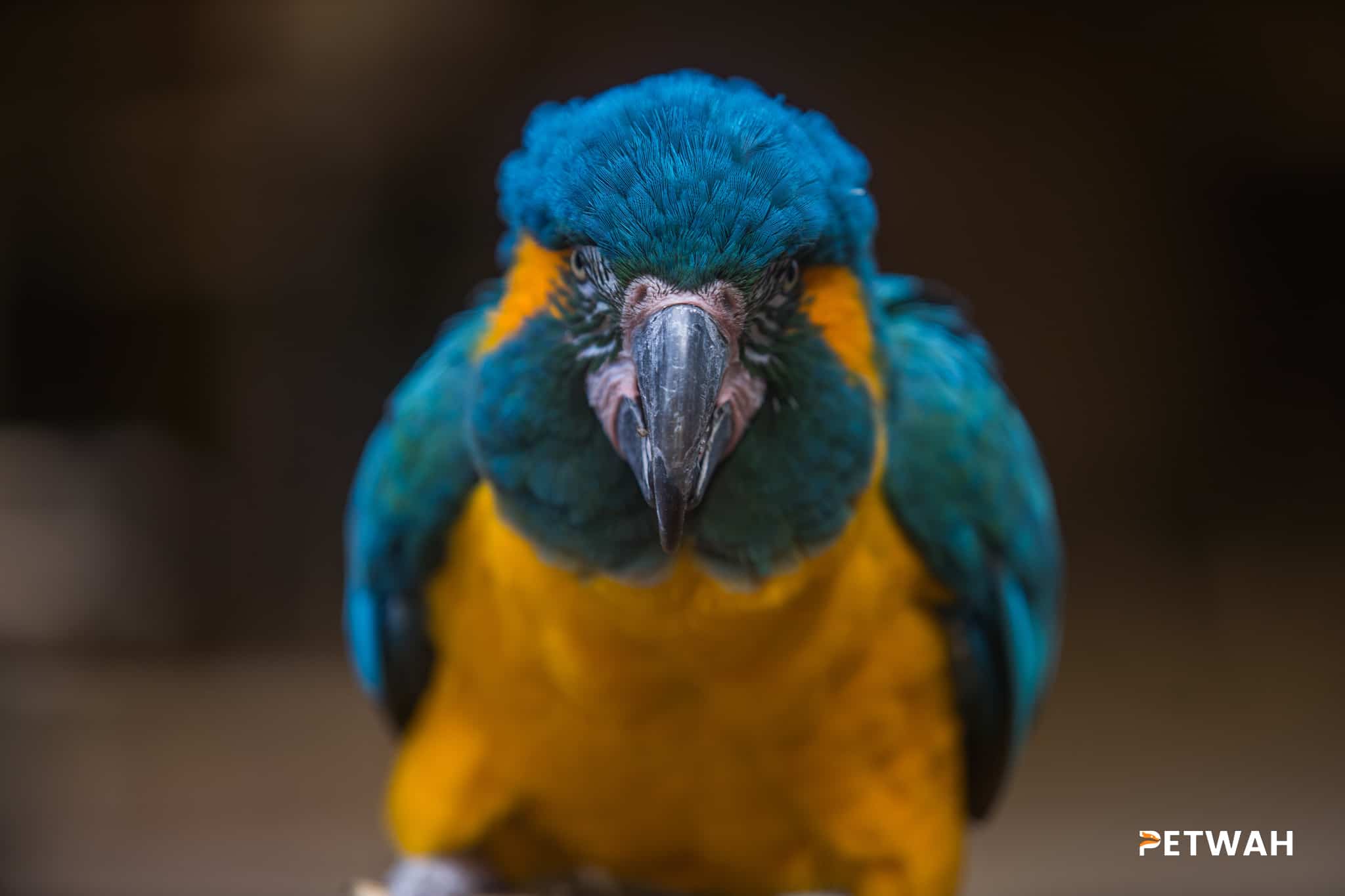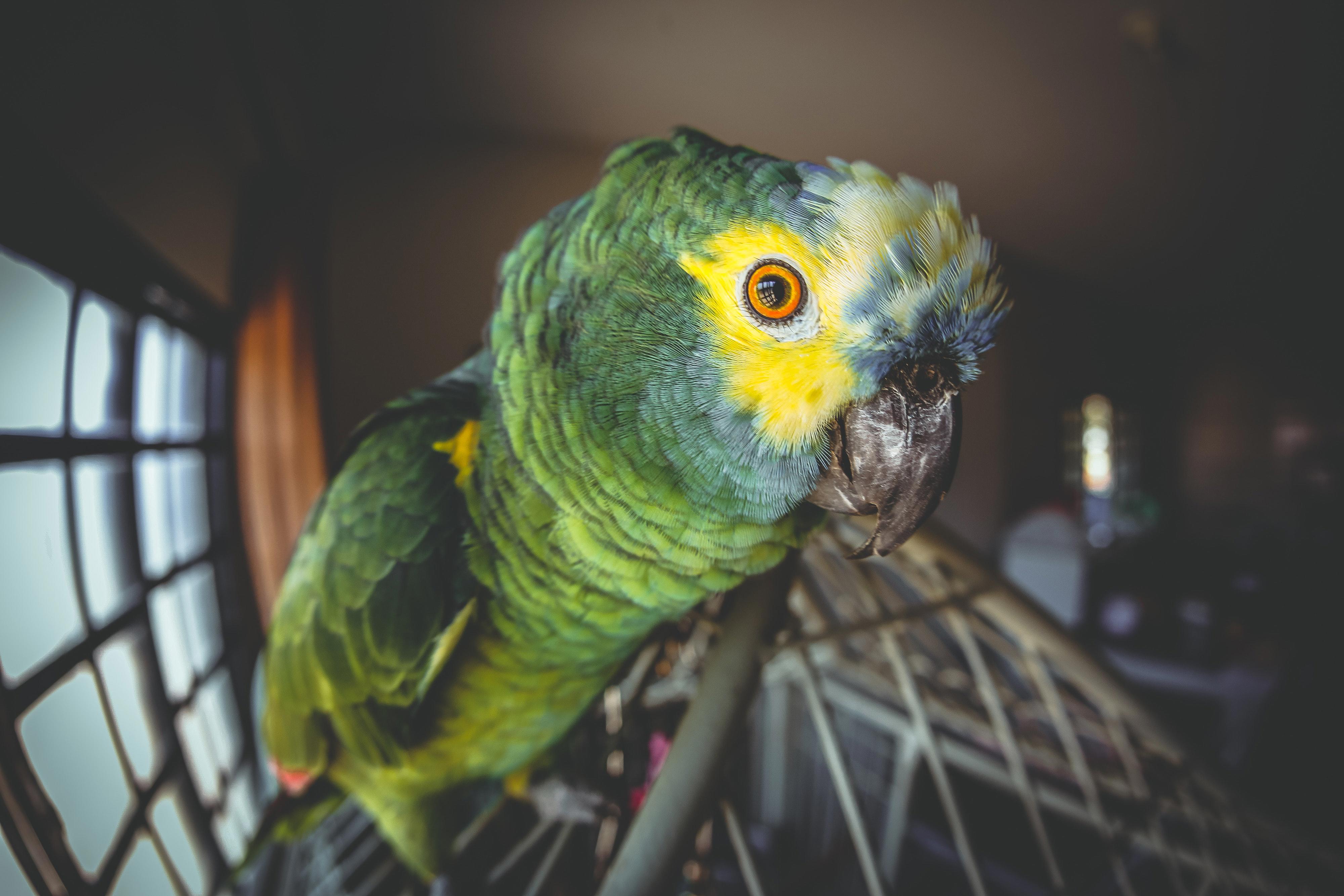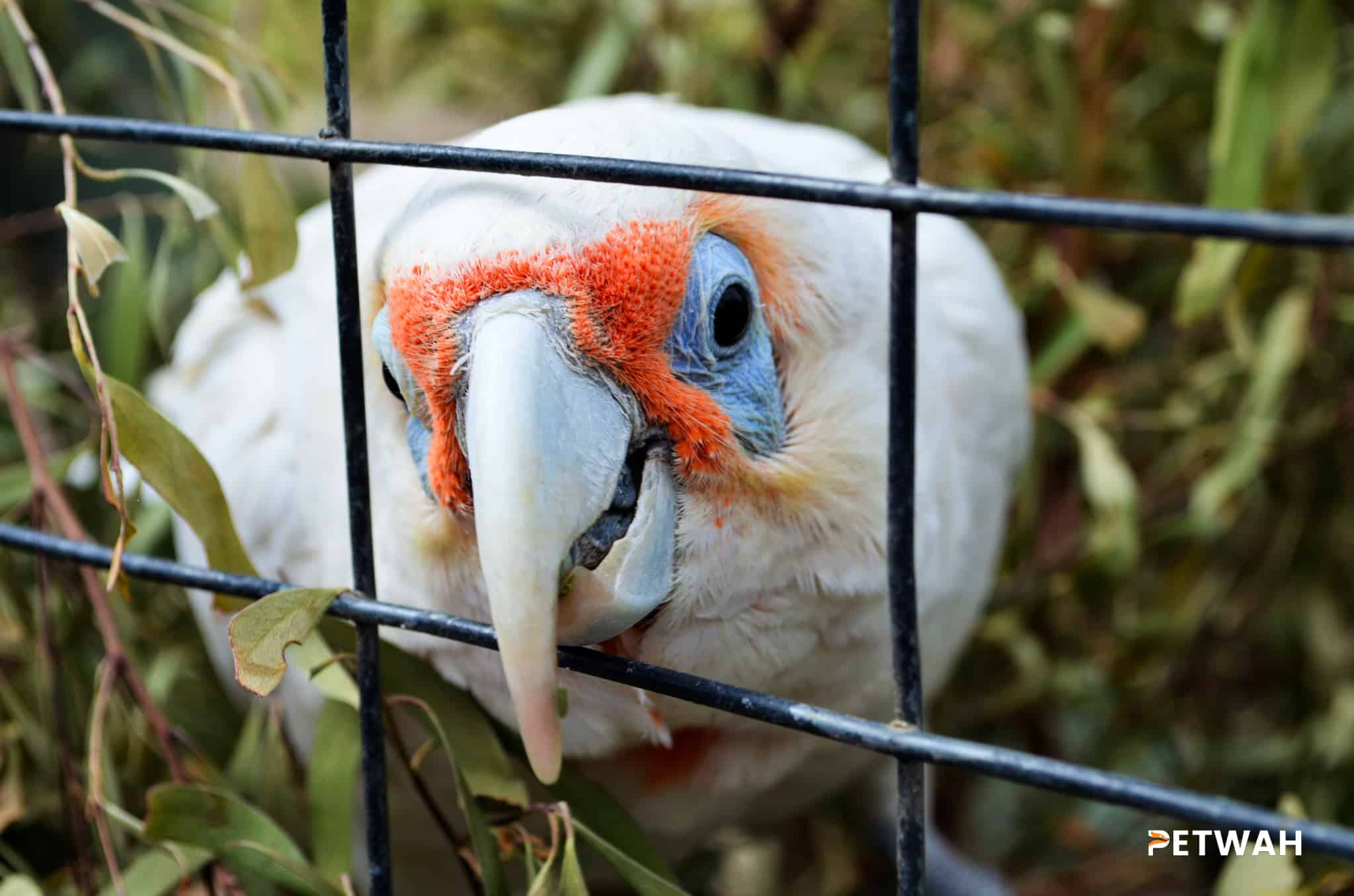Birds make wonderful pets with their colorful plumage, beautiful songs, and playful personalities. However, just like any other pets, birds can also experience health issues. It is important for bird owners to be aware of the signs of common health problems in birds so they can proactively address them and ensure their feathered friends lead a happy and healthy life. In this article, we will explore some common health issues in birds and provide tips on how to address them.
Recognizing the signs of common health issues in birds:
1. Changes in behavior: Pay attention to any changes in your bird’s behavior, such as increased aggression, decreased activity levels, or unusual vocalizations. These can be indications of underlying health problems.

2. Respiratory issues: Respiratory problems are common in birds and can be signaled by symptoms like sneezing, wheezing, or coughing. Keep an eye out for any discharge from the nostrils or mouth and observe if your bird is having difficulty breathing.
3. Feather abnormalities: Abnormal feather growth or loss can be a sign of issues such as nutritional deficiencies, hormonal imbalances, or infections. Look out for lumps or sores on the skin, excessive preening, or bald patches.
4. Digestive problems: Birds can experience digestive issues like diarrhea, vomiting, or loss of appetite. Changes in the color or consistency of droppings can also indicate underlying health problems.
Addressing common health issues in birds:
1. Consult a veterinarian: If you notice any signs of illness or abnormal behavior in your bird, it is crucial to seek professional veterinary care. A qualified avian veterinarian can properly diagnose the problem and provide appropriate treatment.
2. Provide a balanced diet: Nutrition plays a vital role in maintaining a bird’s overall health. Ensure that your bird’s diet includes a variety of fresh fruits, vegetables, seeds, and a high-quality pelleted food. Avoid feeding them toxic or unhealthy foods such as chocolate, avocado, or caffeine.
3. Maintain a clean environment: Keep your bird’s cage and surrounding area clean and free from any potential hazards. Regularly clean the cage, change the bedding, and provide fresh water daily. Also, make sure the cage is properly ventilated and protected from drafts.
4. Provide mental stimulation: Birds are intelligent creatures and need mental stimulation to prevent boredom and stress. Provide them with toys, puzzles, and plenty of social interaction to keep them entertained and engaged.
In conclusion, being attentive to your bird’s health and addressing any issues promptly is crucial for their well-being. By recognizing the signs of common health problems and taking proactive measures, you can ensure that your feathered friend enjoys a long and happy life.
– For more information on bird health and care, you can visit sites like Avian Medicine: Principles and Application or the Association of Avian Veterinarians.
– If you’re looking for high-quality bird food or toys, check out online pet supply stores like PetSmart or Chewy.
FAQs:
1. How often should I take my bird to the veterinarian?
It is recommended to schedule annual wellness exams for your bird. Regular check-ups can help prevent and catch any potential health problems early on.
2. How can I prevent common respiratory diseases in my bird?
To prevent respiratory issues, ensure a clean and dust-free environment for your bird. Avoid exposing them to chemicals, smoke, or fumes. Proper ventilation and regular cage cleaning are essential.
3. Can I give my bird over-the-counter medication for minor illnesses?
No, it is important to never administer any medication to your bird without consulting a veterinarian. Birds have delicate systems and can have adverse reactions to certain medications that may be safe for other pets.
4. Are there any specific signs of illness in newborn or young birds?
Newborn or young birds may exhibit signs such as slow growth, weakness, or difficulty feeding. If you notice any abnormalities, it is important to consult a veterinarian as young birds can be more susceptible to health issues.
5. What should I do if I suspect my bird is in pain or distress?
If you suspect your bird is in pain or distress, seek immediate veterinary attention. Birds are skilled at hiding their pain, so any indications should be taken seriously.
Remember, the health and well-being of your avian companion are of utmost importance. If you have any concerns about your bird’s health, always consult with a qualified avian veterinarian. For all your pet’s needs, including health products and supplies, visit PetWah.com.







